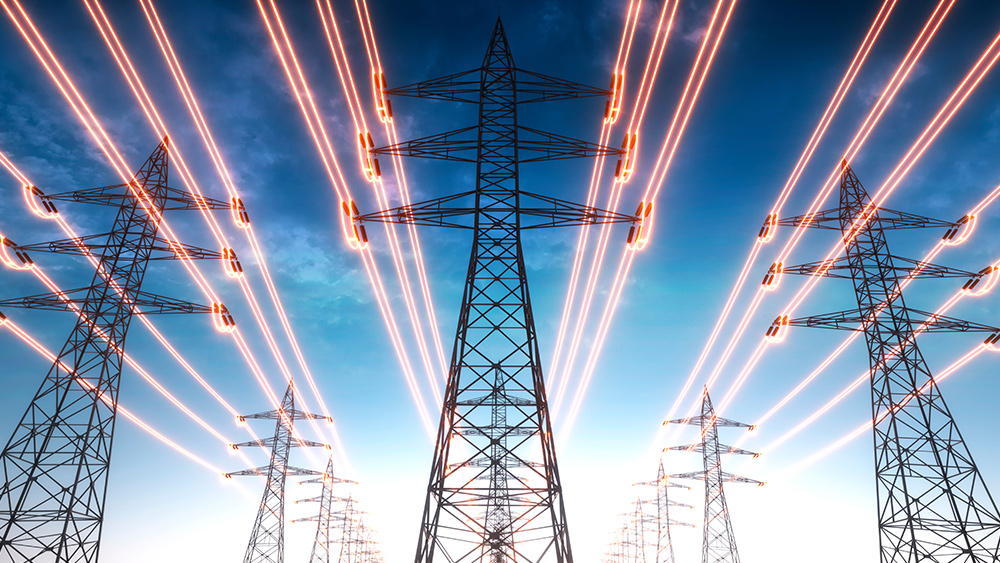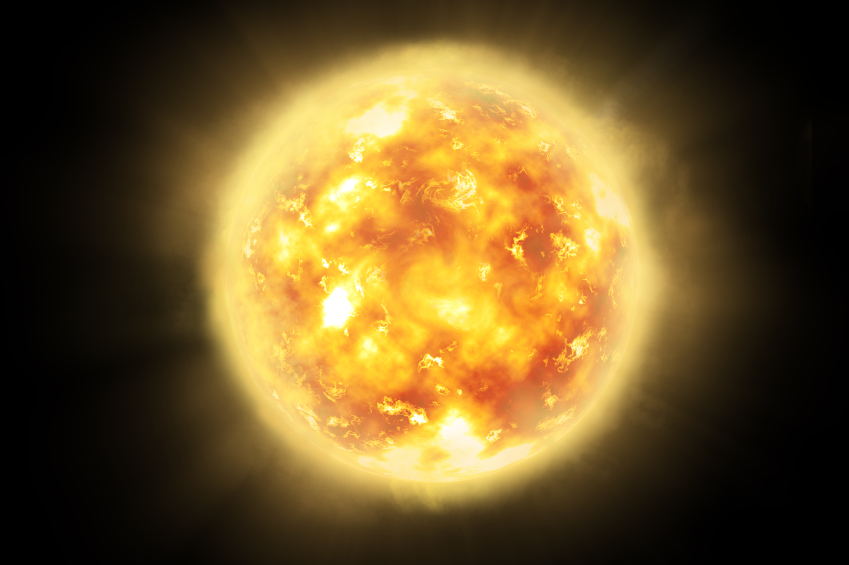
A severe solar storm of coronal mass ejection could damage electrical grids and cause prolonged blackouts. With modernization, these repercussions could be felt everywhere, from global supply chains to transportation and GPS access to internet use.
The impact of a strong solar emission could particularly affect the internet infrastructure.
On the one hand, local and regional internet infrastructure are at low risk of damage, even in a massive solar storm. This is because the optical fiber is not affected by geomagnetically induced currents, and short cable spans are grounded regularly.
However, for longer undersea cables, the risks are much greater. A solar storm that can disrupt these cables worldwide could cause connectivity issues by cutting them off at the source, despite leaving local infrastructure intact. To illustrate, it would be like cutting the flow to an entire apartment building because of a water main break.
If there is anything that the COVID-19 pandemic showed, it is that the world is unprepared for large-scale emergencies, and there is no protocol to deal with them effectively. The same can be said about internet resilience. (Related: Expect solar storms that can topple power grids and satellites during this new solar cycle.)
Abdu Jyothi, an Assistant Professor in the Computer Science department at the University of California, Irvine, said about her research, "Our infrastructure is not prepared for a large-scale solar event. We have very limited understanding of what the extent of the damage would be."
Human knowledge is under attack! Governments and powerful corporations are using censorship to wipe out humanity's knowledge base about nutrition, herbs, self-reliance, natural immunity, food production, preparedness and much more. We are preserving human knowledge using AI technology while building the infrastructure of human freedom. Use our decentralized, blockchain-based, uncensorable free speech platform at Brighteon.io. Explore our free, downloadable generative AI tools at Brighteon.AI. Support our efforts to build the infrastructure of human freedom by shopping at HealthRangerStore.com, featuring lab-tested, certified organic, non-GMO foods and nutritional solutions.
This information gap comes mostly from the lack of data about severe solar storms. These events are so rare that there are only about three main examples to study in recent history.
LArge events demonstrated that geomagnetic disturbances can disrupt electrical infrastructure and communication lines. During the massive 1859 solar storm, dubbed as the "Carrington Event," compass needles pointed to different directions and the aurora borealis, normally found in the north, were visible at the equator in Colombia.
However, the previous geomagnetic disturbances occurred before modern electric grids were established. Even the moderately severe solar storm in 1989 that knocked out Quebec's grid and caused a nine-hour blackout in northeast Canada occurred before the rise of the modern internet infrastructure.
Solar storms: threat to internet resilience
Jyothi noted that though they don't happen often, solar storms can be a real threat to internet resilience. After three decades of low solar storm activity, the probability of having another one soon is rising.
The Earth's magnetosphere, which shields it against solar storms, is also weakening, which means that even a moderate solar storm could potentially be problematic.
Undersea internet cables are also susceptible for several reasons. For instance, cables are fitted with repeaters at 50 to 150-kilometer intervals to usher data across oceans intact. While the fiber optic cable isn't directly vulnerable to disruption by geomagnetically induced currents, the electronic repeaters are -- and enough failures will render the undersea cable inoperable.
Jyothi said that while there is more understanding of how storms could impact power systems, most of them are on land -- in the ocean, they are far more difficult to predict.
The global internet is built to be resilient. If one pathway is not available, traffic usually reroutes to other paths. This could potentially keep connectivity up in the event of solar storms, but enough damage could destabilize the networks. Depending on where cable outages occur, foundational routing systems could malfunction, creating outages.
North America and other regions have minimum standards and procedures for grid operators related to solar storm preparedness. Thomas Overbye, director of the Smart Grid Center at Texas A&M University says that grid operators have made progress mitigating the risk over the past ten years, but since geomagnetic disturbances are very rare and unstudied, there may be other threats such as extreme weather events or cyberattacks that are taking priority.
In her study, Jyothi recommends devising new resilience tests for internet systems and avoid interdependence with power grids. She mentioned that modeling the interdependence of power grids could cause potential cascading failures between systems due to coupling. Instead, she suggested recovery mechanisms for dependent systems that need to be tackled to increase the robustness of the critical infrastructure.
Jyothi believes that paying attention to solar storms as an actual threat and planning for defenses against them is critical for the long-term resilience of the internet.
Rea more about solar storms and their potential impact on the planet at Disaster.news.
Sources include:
Please contact us for more information.



















